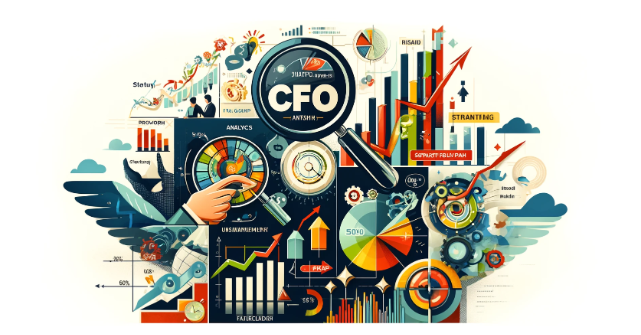In an increasingly complex global business landscape, financial accounting tools have become indispensable for navigating uncertainty and enabling data-driven decisions. As modern technologies transform workflows, expectations around accountability and transparency evolve, and markets face rising volatility, the role of financial accounting is becoming more crucial than ever. This article explores how modern accounting solutions can empower organizations to gain strategic, actionable insights even amidst turbulence.
Integrating Modern Tech for Enhanced Functionality
As the pace of technological disruption accelerates, accounting tools are rapidly modernizing through cloud infrastructure, process automation, and artificial intelligence. By integrating natively with third-party systems across sales, inventory, HR, and other domains, modern accounting solutions consolidate complex data flows into unified ledgers and centralized dashboards. This provides real-time visibility and cuts manual reconciliation needs.
Other capabilities like multilingual and multicurrency support accommodate global business needs and increasingly borderless transactions. Client portals enhance transparency through self-service access and notifications. Mobile compatibility enables accounting from anywhere. Combined, these features streamline workflows and unlock exponential gains in productivity.
Harnessing AI for Predictive Accounting
Artificial intelligence is transforming legacy accounting into predictive, forward-looking planning. Machine learning algorithms can continuously analyze historical data, external datasets, and leading indicators to detect patterns, adapt projections, and model probable expenses, cash flows, valuation scenarios, and other forecasts. Rather than static snapshots, predictive accounting empowers more informed, agile decisions amidst volatility.
Analytics dashboards offer real-time visibility into performance vs projections across key metrics. Intelligent alert systems notify stakeholders when thresholds are breached or risks emerge. Interactive interfaces allow adjusting assumptions to assess various what-if situations. Maintaining human oversight, predictive accounting shifts the focus from hindsight reporting to strategic foresight.
Navigating the New Normal of Remote Work
The disruptions of recent years have normalized remote and hybrid work environments for the long term. Accounting teams have had to rapidly adapt. Modern cloud-based accounting tools have been crucial for enabling continuity despite dispersed teams and decentralized work. Solutions like Sage Intacct, Oracle NetSuite, and Microsoft Dynamics offer robust access controls, collaboration features, and automation to aid distributed staff.
Many accounting tasks like bank reconciliations, invoice processing, and report generation can now be handled through RPA bots or AI agents with minimal supervision. This expands capacity and access to talent. However, shortages remain at senior levels like controllers and CFOs. Here too, AI-powered analytics, alerting, and decision recommendations are helping leaders maximize their strategic bandwidth.
Adhering to Evolving Regulations and ESG Mandates
Evolving regulations and ESG (environmental, social, and governance) reporting mandates are also driving accounting complexity. Financial leaders must stay updated on the latest compliance needs – from digital tax protocols in the UK and EU to SEC disclosures in the US. Integrating context-aware solutions like Thomson Reuters Checkpoint or Wolters Kluwer can help ensure accounting practices remain compliant as new legislation emerges.
Additionally, quantifying and disclosing ESG impacts is becoming imperative for credibility, transparency, and access to capital. Integrated accounting tools can seamlessly collect and analyze emissions, diversity stats, ethics data, and other ESG metrics alongside traditional financials – providing a comprehensive view of organizational performance. The businesses that proactively embed ESG into accounting and decision-making will gain a strategic edge.
The Road Ahead: Opportunities Amidst Disruption
Modern accounting solutions are growing more agile, automated, and AI-enabled to help organizations not just survive – but thrive – amidst accelerating market complexity. As leaders look ahead, they must embrace a mindset of agility, resilience, and continuous learning to navigate uncharted terrain.
While risks from cybercrime, climate change, supply chain shocks, and geopolitics are rising, so too are the capabilities to overcome them. The future belongs to those organizations and leaders who judiciously leverage technology to unlock new levels of strategic insight, transparency, and predictive planning. By implementing modern accounting tools as a proactive measure today, businesses can unlock exponential gains in performance and sustainably outcompete rivals through market turbulence tomorrow.


